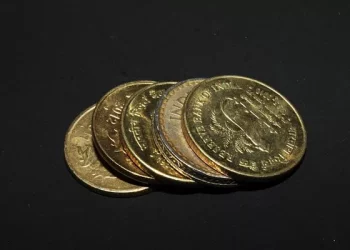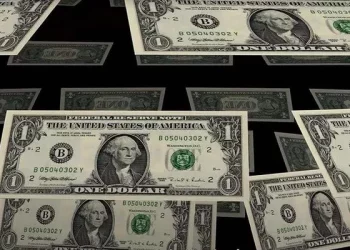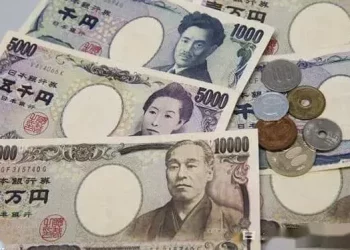1. Balance of payments The balance of payments can reflect the supply and demand of a country.
When income exceeds expenditure, there is a surplus, the country’s demand exceeds supply, and the exchange rate rises;
Conversely, when there is a deficit, the country’s money supply exceeds demand and the exchange rate falls.
The balance of payments includes items such as trade balance, service balance and capital flow.
It should be noted that short-term capital flows in the capital account are highly speculative, which will have a significant impact on the supply and demand of money and the rise and fall of the exchange rate.
2. Inflation Inflation is the most important basic factor affecting exchange rate changes.
The effects on the exchange rate include: ¢Ù If the domestic is higher than other countries, the country’s export competitiveness will be reduced, leading to a trade balance deficit.
The country’s money supply exceeds demand and the exchange rate will fall.
(2) Excessively high inflation will affect domestic and foreign real differentials, promote capital flight, and lead to capital account deficits and lower exchange rates.
(3) Since inflation is a process of rising prices, it will also affect market expectations of future prices and exchange rates.
In this expectation, in order to avoid the possible loss caused by the depreciation of the local currency, people will sell the local currency and compete with each other, which will lead to the further decline of the exchange rate of the local currency.
3. Interest Rate Interest rate has a significant impact on exchange rate.
The interest rate difference between countries directly affects the international short-term capital flow and has a certain supervisory effect on the exchange rate.
Higher interest rates will attract foreign capital inflows, increasing demand for the domestic currency and promoting a stronger exchange rate.
On the contrary, lower interest rates will lead to capital outflows and the exchange rate will fall.
Every interest rate rise or cut, for example, sends a sharp shock through the currency markets.
4. Psychology of market expectations Psychological factors of market expectations play a considerable role in exchange rate changes.
If people are optimistic about a country’s economic situation, balance of payments, inflation and interest rate prospects, it will lead to a large amount of money to be bought, leading to an increase in the exchange rate;
Conversely, if you are bearish, the exchange rate will fall.
Such psychological expectations are accompanied by various speculative factors, even some rumors and speeches of leaders, which will cause speculation and may cause turmoil in the foreign exchange market, leading to fluctuations in the exchange rate.
5. All government policies will directly or indirectly affect the exchange rate, especially fiscal and financial policies.
Although exchange rate policy cannot change the basic trend of exchange rate, the role of a country taking further measures to intensify its decline or rise in accordance with the trend of its currency cannot be underestimated.
When a country implements “tight” fiscal and financial policies, its basic upward trend.
When a country implements “loose” fiscal and financial policies, it will cause the currency exchange rate to fall.
6. Intervention of Monetary Authorities In order to maintain economic stability and avoid the adverse impact of exchange rate changes on the domestic economy, the central bank often intervenes in the market to make exchange rate changes beneficial to the domestic economy by buying and selling foreign exchange.
Countries sometimes intervene jointly to influence exchange rate movements in order to stabilize markets.
It should be noted that when the foreign exchange market is volatile and frequent, intervention often fails to achieve the desired effect.
7. Speculation, especially foreign exchange speculation by multinational investment companies, sometimes makes the exchange rate fluctuate more than the expected reasonable range.
8. Political events Major political emergencies in the world also have a significant impact on exchange rate changes.
The war will be one of the important factors leading to a sharp decline in the exchange rate of participating countries.

























